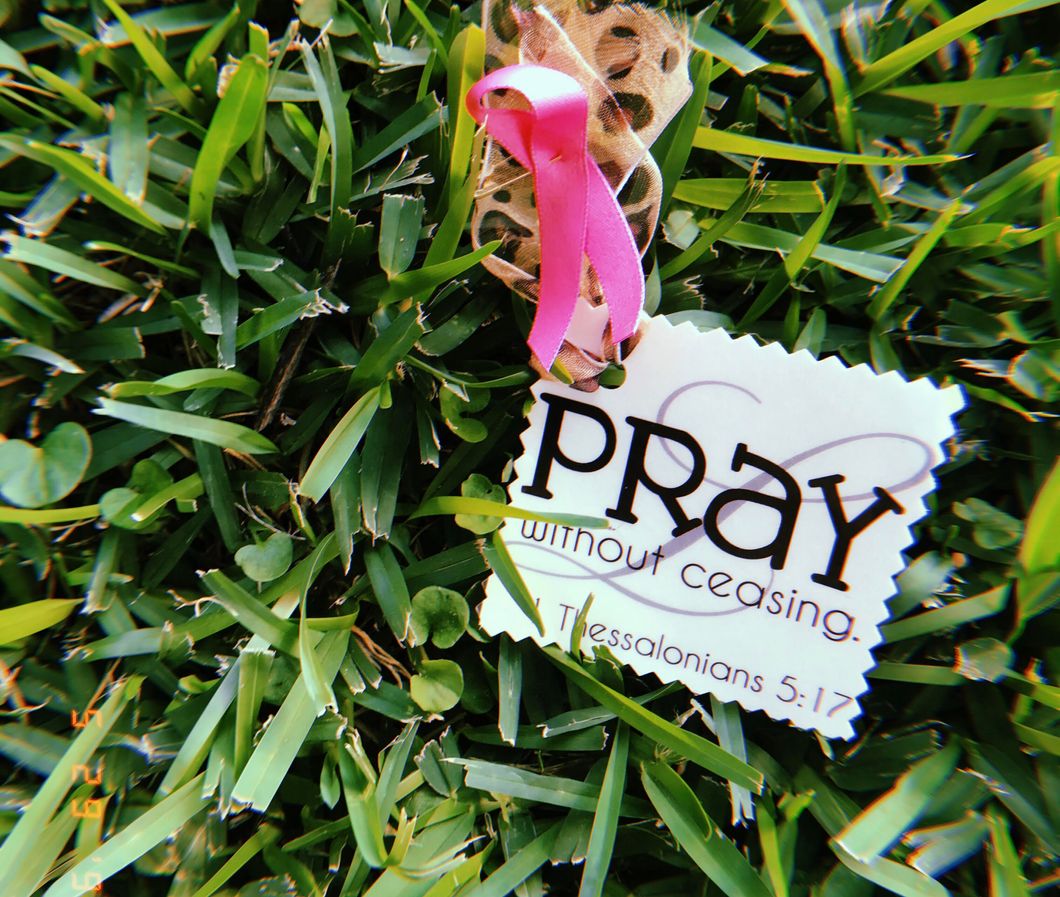For many families, there is a haunting word that takes over some dinner time conversations: cancer.
As family, friends, lovers, and acquaintances grow older, health problems seem to take away an overwhelming amount of their time.
As a young child growing into adulthood, I have experienced family members being diagnosed with cancer quite a few times; my grandfather has had several relapses of stomach and skin cancers for almost 18 years, and now my grandmother has been diagnosed with colon cancer...
Knowing how to cope with the emotional roller-coaster of cancer is one of the hardest things to do, but there are a few pointers that can ease the stress and the ride.
1. Acceptance
The idea of acceptance with such a serious diagnosis seems unrealistic, but it is within reach for anyone. Something that I personally have learned with acceptance is the idea of not letting life take away anything from you that you want to keep.
Obstacles are placed in front of us to challenge our mental toughness and challenge our will to fight for what we want.
A tip to help with acceptance is to not look at cancer like the awful sickness it is but to look at cancer as a challenge because the prize at the end is winning the battle. When you are able to sit back and really take in what is at hand, it eases the fear of the unknown and makes the want to beat cancer seem more achievable.
2. Understanding
One of the most important things to do when a loved one is diagnosed with cancer is to be fully aware of what the journey ahead is going to take.
The American Cancer Society has an accredited website full of information pertaining cancer questions; do not hesitate to search any questions you have or to even ask a doctor handling the case specific to your loved one.
Sometimes understanding is half of the fight and can bring a sense of ease and acceptance to the hectic coaster ride that you are being thrown on.
3. Set goals
The battle of cancer takes most of a fighter's energy and motivation through treatment, so take time to sit down and write out some achievable goals, such as: a short walk around the block or around a park, a small trip to a favorite shopping place, to sit outside (if it is not too hot of course!) and enjoy tea or coffee and make room for quality family time.
Try to keep things as close to normal as possible for your loved on; surround them in high-spirits and try to keep the ride as smooth as possible for their own needs.
4. Cancer conversations vs. normal conversations
After being diagnosed with cancer, the overwhelming number of emotions can be seen through family and the actual patient with cancer through ways of communication.
It is a good idea to draw a line of when there needs to be "Cancer Conversations" and "Normal Conversations." For many people, the more you talk about and emphasize something scary, the more scary and overwhelming it becomes.
No matter how overwhelming the roller-coaster seems, they always come to an end, and so does cancer.
The ending of a battle is when someone comes out victorious and beats cancer.
Although some cases have different endings, there is always a want to be victorious. The ride that cancer takes a family through sets a record of high points, low points, twists and turns and times of trusting the seat you have been sat in.
Acceptance, understanding, showing love and fighting for someone battling cancer are just some ways to become comfortable with the "C" word.
Remember: Accept the battle and the journey, understand what it is going to take from within and through family, set goals to keep spirits high, separate family time and cancer time and lean into your loved ones.






















